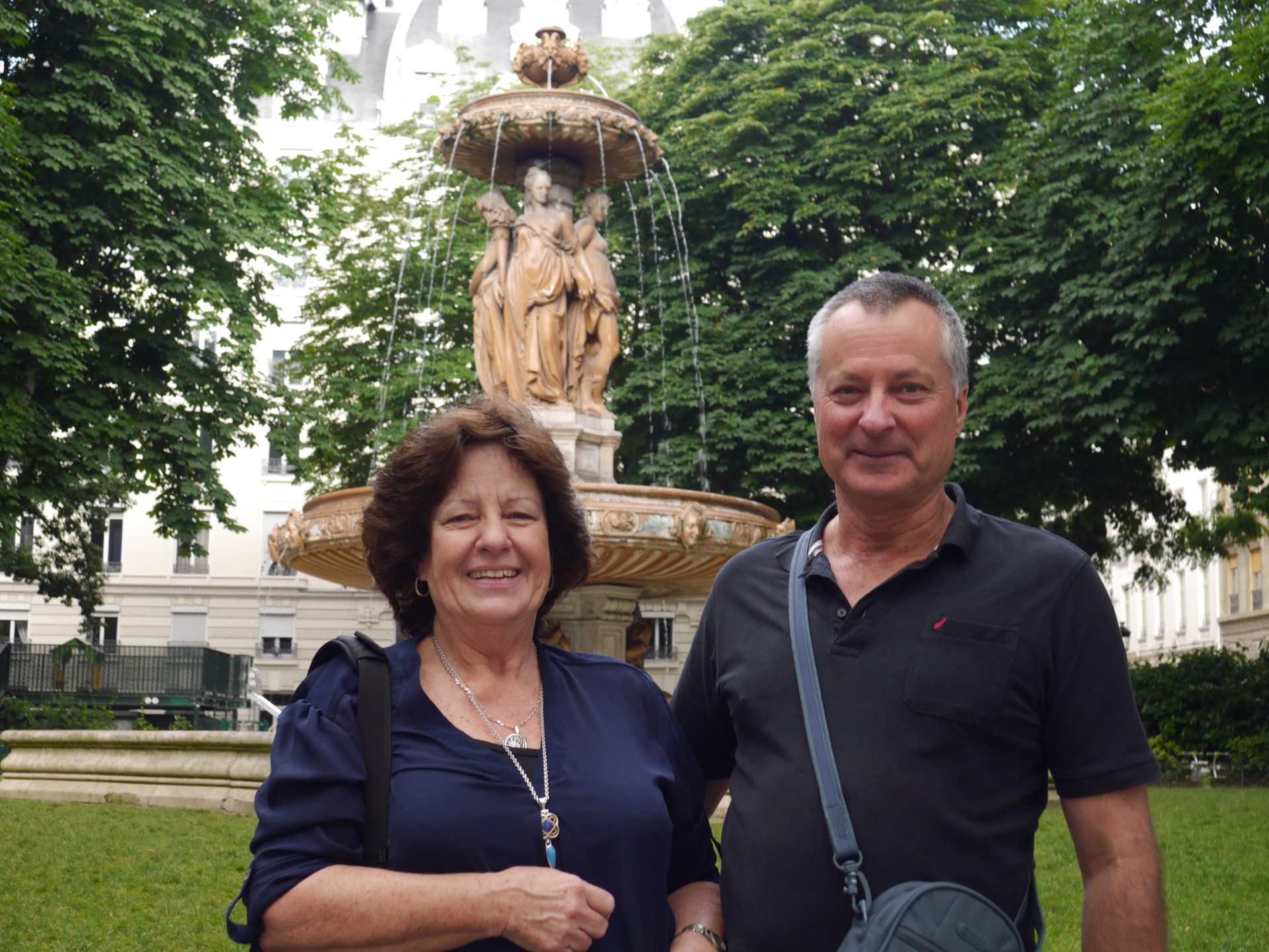Enormous efforts in recent years are helping to shatter taboos around topics in women’s health such as menstruation, menopause and gynaecological health. There are many reasons to celebrate progress in women’s health, like the rollout of the HPV vaccine and its impact on rates of cervical cancer. But, for some health concerns, awareness remains critically low.
For Fran, when she experienced some itching, she thought she had thrush.
“I hadn't had pap smears for quite some time because I had had a hysterectomy,” said Fran.
“But, when I had some bleeding, I went to my GP and then to my gynaecologist and I was diagnosed with vulvar cancer.”
Vulvar cancer is rare, affecting around 400 women a year in Australia. But the numbers are increasing, particularly among younger age groups.
Fran’s surgeon, Professor Andreas Obermair, Research Director at UQ’s Queensland Centre for Gynaecological Cancer Research, explains that vulvar cancer is actually a kind of skin cancer.
“People are often very shocked to hear they can get skin cancer on the vulvar. We associate sun damage with skin cancer risk. But, as that’s not an area which is often exposed to the sun, then people are not checking that part of their body for the signs,” Professor Obermair said.
While most of Fran’s cancer was external, part of her treatment plan was removing all the lymph nodes in her groins. But, as only one node on one side had showed up as being at risk during preoperative tests, Fran asked Professor Obermair if he could just remove that one; and leave the other side untouched.
“I asked if there was something else that could be done as I was still working and worried about lymphedema,” Fran explains.
Lymphedema, where a blockage in the lymphatic system such as having lymph nodes removed, causes fluid to build up and cause leg swelling, discomfort and pain.
“[Professor Obermair] said it was experimental and that he couldn't recommend it. But, if that's what I wanted, he could do that. So that's what we did.”
Fran was closely monitored and had regular scans, with a lymph node on the other side being removed 12 months later. This node was found through regular ultrasound scans.
“The difference it made was that, while I eventually I had a little bit of lymphedema, it was much less than it probably would have been had all the nodes on that side been removed.”

The Queensland Centre for Gynaecological Cancer has been at the forefront of creating better and kinder treatments for cancers for the last 20 years, but it’s a fight that keeps on changing.
“Vulvar cancer is of particular concern because we are seeing more patients come through our doors and we are seeing a lot of complications arising from treatment,” Professor Obermair said.
“What makes it harder is that many people often don’t realise something is wrong until later on. The symptoms can be vague and difficult to talk about.”
Fran agrees. “When I discussed [vulvar cancer] with women that I worked with, none of them had heard of it,” she said.
“It's something that should be out there in the public. So that women know that sort of cancer can develop and what the signs are.”
Saving and improving the lives of people facing gynaecological cancer is only made possible through your donations.
You can make your donation go even further with our Giving Day partner, Cherish Women's Gynaecological Cancer Foundation. Cherish have agreed to match all donations between October 4 and 18, up to the total value of $10,000. Help us meet this target and donate now to support better and kinder treatments for gynaecological cancers.
